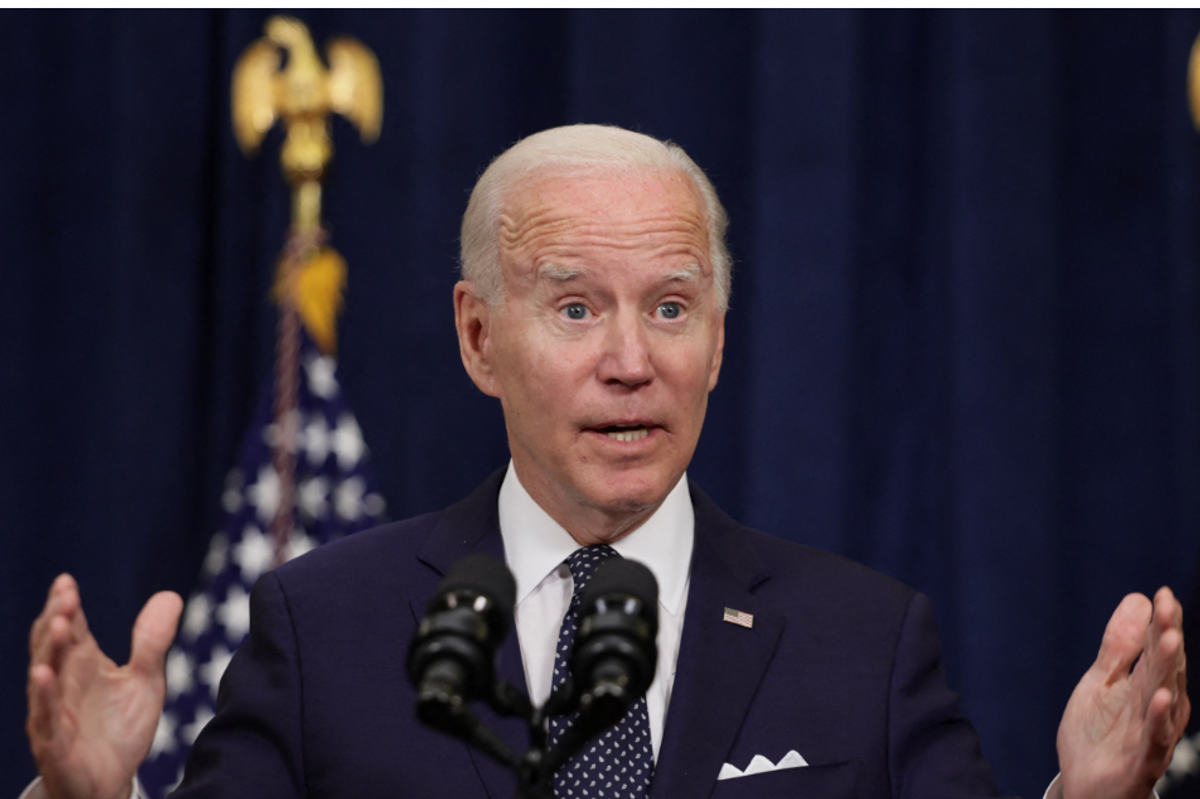Rep. Paul Ryan, now the GOP vice presidential nominee, is an Ayn Rand acolyte, a loyal adherent to the philosophies of a woman whose views have enthralled fringe segments of the conservative movement for more than half a century. He is famous for giving her novels to staffers in his office.
He has even called her works the inspiration for his government career, according to an August profile by New Yorker writer Ryan Lizza, who quoted from a 2005 speech the congressman gave to the Atlas Society, an Ayn Rand fan club.
“The reason I got involved in public service, by and large, if I had to credit one thinker, one person, it would be Ayn Rand. The fight we are in here, make no mistake about it, is a fight of individualism versus collectivism,” Ryan told the group.
That helps to explain Ryan’s ideas about the federal budget, which he would radically downsize to shrink the programs that help the elderly, the poor, the unemployed, and just about everybody else who needs the occasional helping hand. In Rand’s philosophy, the brilliant, the well-born and the lucky have no obligation to the struggling stiffs whose jobs don’t guarantee riches. Indeed, she believed altruism was foolish.
But nothing explains how the author of “The Fountainhead” and “Atlas Shrugged” came to captivate so many economic gurus of the modern conservative movement, including former Federal Reserve Chairman Alan Greenspan. Her “objectivism” is nothing more than rank selfishness promoted to a grand economic and cultural philosophy. (Among her works is one titled “The Virtue of Selfishness.”)
What’s more, Rand was an atheist and libertine whose private life was testament to her fierce belief that individuals should be free to do whatever they please, no matter the consequences to others. Though married, she conducted a long-running affair with one of her young disciples, in view of their spouses.
She mocked Christianity, proclaiming it anathema to reason. She once told an interviewer that faith “is a sign of a psychological weakness. … I regard it as evil to place your emotions, your desire, above the evidence of what your mind knows. That’s what you’re doing with the idea of God.” She’s a strange role model for members of a political party that claims to represent religious conviction and personal probity.
In the 1950s, serious Christians kept their distance from Rand. So did mainstream Republicans. The father of the modern conservative movement, William F. Buckley, was contemptuous of her, and the pages of his magazine, National Review, were anything but kind to her views.
But Rand has since been elevated to a central figure in conservatism. Business moguls have embraced her because of her frank worship of wealth. “Money is the barometer of a society’s virtue,” she said. And her contempt for government, with its regulations and taxation, was just what America’s reckless and self-centered class of business executives wanted to hear.
It’s harder to figure out how Rand came to be embraced by conservative Christians, however. Last year, the late Charles Colson made a video denouncing Rand and warning his fellow Republicans against elevating her philosophy. “It’s hard to imagine a world view more antithetical to Christianity,” he said.
Ryan has lately been at pains to say that he rejects Rand’s atheism. And he has used his relationship with the U.S. Conference of Bishops — Ryan is Catholic — to inoculate himself against criticism of his budget, which shreds safety net programs for the less fortunate.
Still, Ryan’s indifference to the plight of weaker members of society shows how the modern conservative movement has tortured and refashioned traditional Christian beliefs. There is very little of the teachings of Jesus — who told a rich man to sell all he had and give the proceeds to the poor — in a right-wing religious nationalism that holds the poor in contempt.
Last year, liberal activist James Salt confronted Ryan with a Bible and demanded that he read the Gospel of Luke. It was a cheap political stunt, but Ryan’s reaction was telling. He rushed to a waiting vehicle but refused to accept the Bible he was offered.
(Cynthia Tucker, winner of the 2007 Pulitzer Prize for commentary, is a visiting professor at the University of Georgia. She can be reached at cynthia@cynthiatucker.com.)


